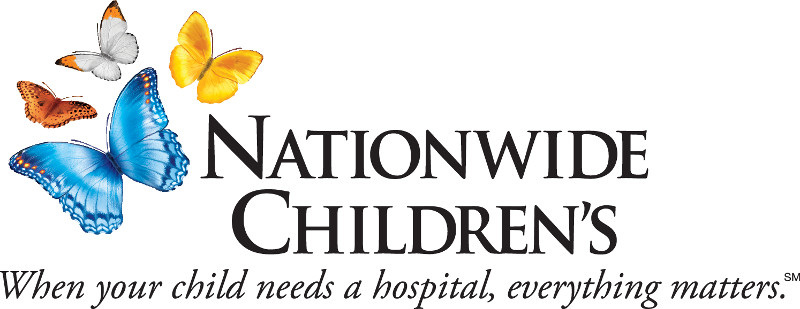Newswise — Psychogenic non-epileptic seizures (NES) are common in children and adults and manifest like seizures with episodes in which the patient stiffens and jerks, but are not due to epilepsy. Most physicians consider them physiological in nature. Similarly, in conversion disorder, a patient will develop physical symptoms such as paralysis or visual impairment in response to psychological stress; however, no physical cause can be identified. Researchers at Columbus Children's Hospital conducted a retrospective study to examine NES patients to determine if there was a history of additional physical or neurological symptoms of non-organic cause. Many of the patients developed additional conversion symptoms such as headaches, abdominal pain and gait abnormality. Of these patients with secondary conversion symptoms, the majority had a history of sexual and physical abuse and 63 percent of the patients had a history of depression. This research was presented Monday, May 3 at the 2004 Pediatric Academic Societies' (PAS) annual meeting in San Francisco.
"We wanted to determine if there as an association between our patients with non-epileptic seizures and other conversion symptoms like headaches and difficulty walking," said Ann Pakalnis, M.D., associate professor of clinical pediatrics and neurology at Columbus Children's Hospital. "Also, we wanted to talk to the patients and families to determine if there was a common factor for a symptomatic complaint being related to a psychological problem such as depression or abuse.
"Demonstrating this connection between psychological problems and a manifestation of conversion symptoms is important," added Dr. Pakalnis. "Our research supports the need for psychiatric evaluation and therapy and long-term observation of adults and, especially children, who are victims of abuse or suffer from depression to ensure any conversion symptoms or NES are diagnosed and managed appropriately. Also, to ensure these individuals develop the appropriate coping skills."
The retrospective study included 22 patients with psychogenic non-epileptic seizures (NES) studied with video EEG telemetry over a 24-month period. Detailed histories were taken at diagnosis of NES to determine presence of other co-existent conversion symptoms. In addition, information regarding duration of events, psychiatric and medication history underlying treatment of their psychiatric disorder were obtained from medical records, treating physicians and families.Dr. Pakalnis is the first to study this in children. "Further longitudinal studies in at-risk children and their psychological maturation into adulthood are warranted because of the risk for further long-term maladaptive behavior," added Dr. Pakalnis. Columbus Children's Hospital ranks among the top 10 in National Institutes of Health research awards and grants to freestanding children's hospitals in the country. With nearly 500,000 patient visits each year, Children's Hospital is a 112-year-old pediatric healthcare network treating newborns through age 21. In 2003, the Columbus Children's Research Institute conducted more than 300 research projects and is the home of Centers of Emphasis encompassing gene therapy; molecular and human genetics; vaccines and immunity; childhood cancer; cell and vascular biology; developmental pharmacology and toxicology; injury research and policy; biopathology; microbial pathogenesis; and biobehavioral health. Pediatric Clinical Trials International (PCTI), a site management organization affiliated with the hospital, also coordinated more than 50 clinical trials. In addition to having one of the largest ambulatory programs in the country, Children's offers specialty programs and services. More than 75,000 consumers receive health and wellness education each year and affiliation agreements with nearly 100 institutions allow more than 1,700 students and 500 residents to receive training at Children's annually. More information on Children's Hospital of Columbus is available by calling (614) 722-KIDS (5437) or through the hospital's Web site at http://www.columbuschildrens.com.
MEDIA CONTACT
Register for reporter access to contact detailsCITATIONS
Pediatric Academic Societies’ Annual Meeting
